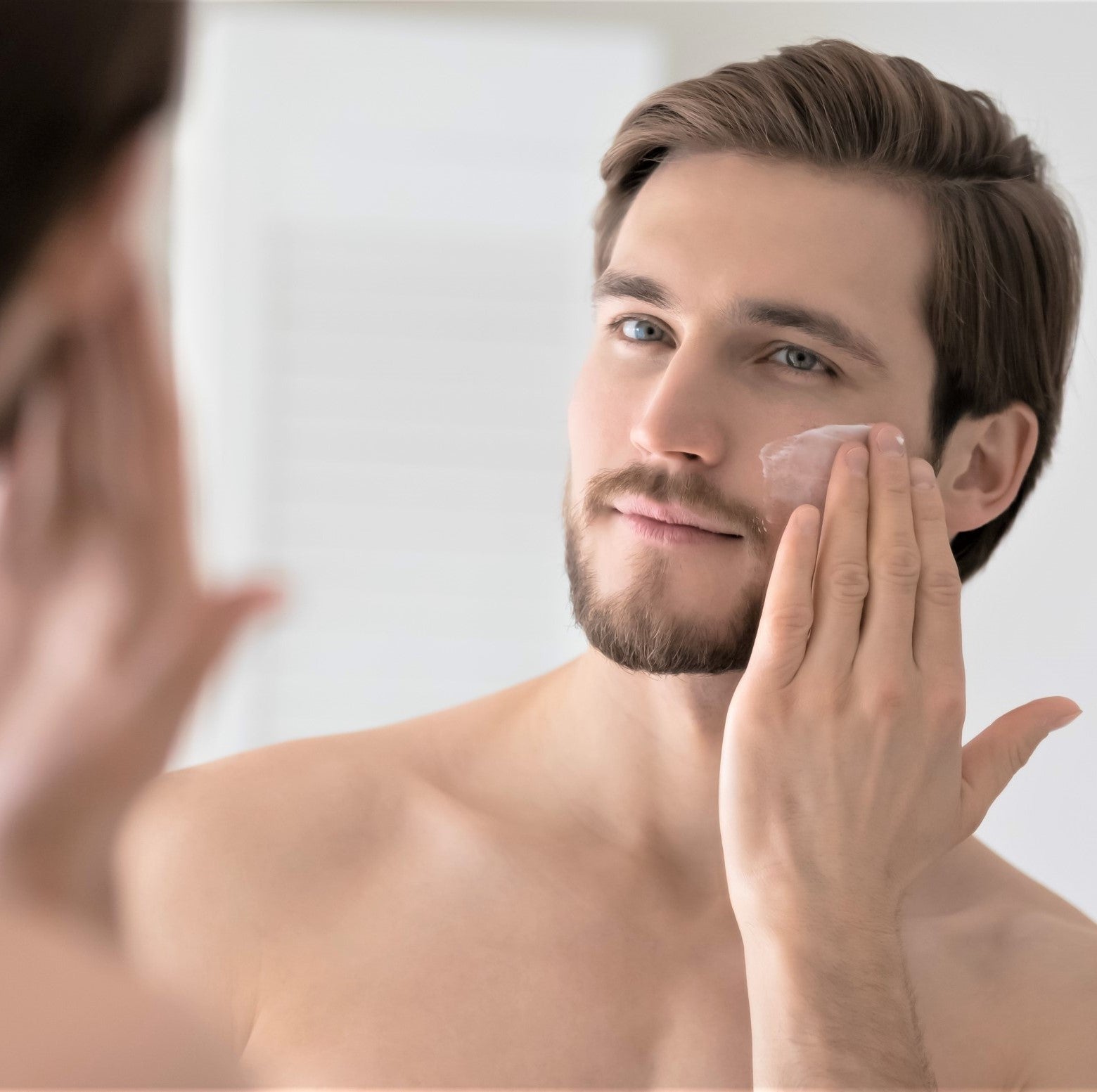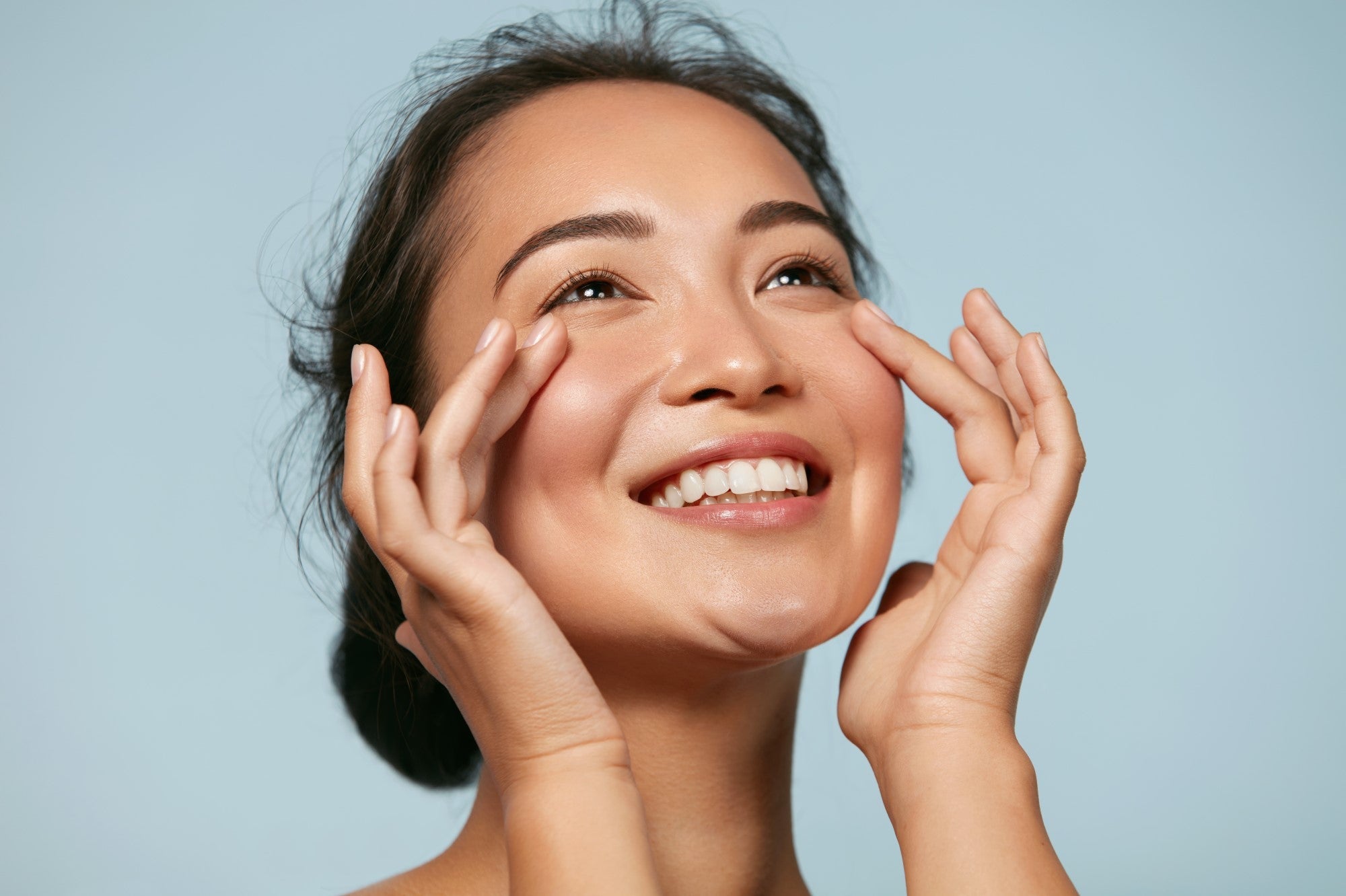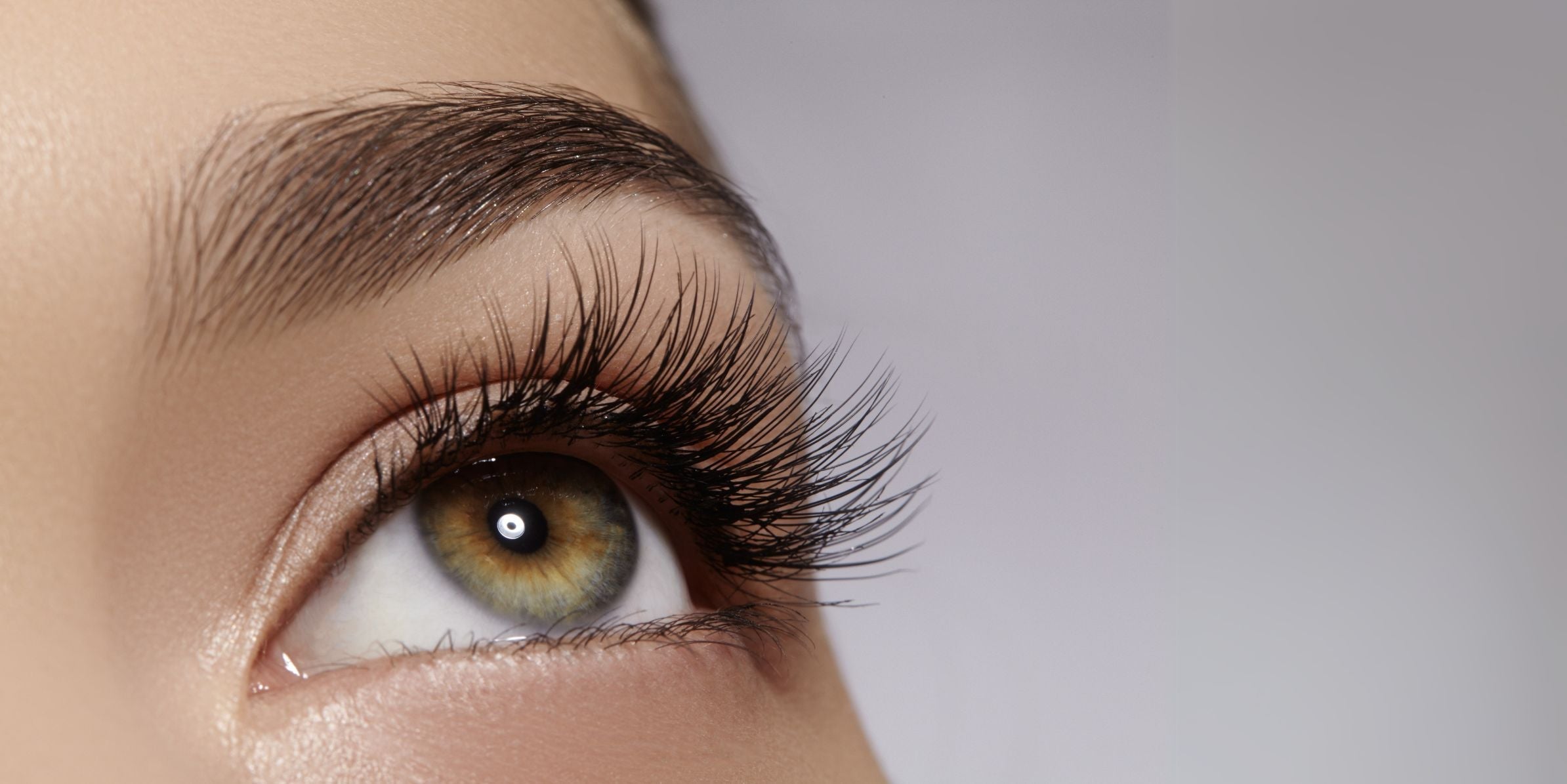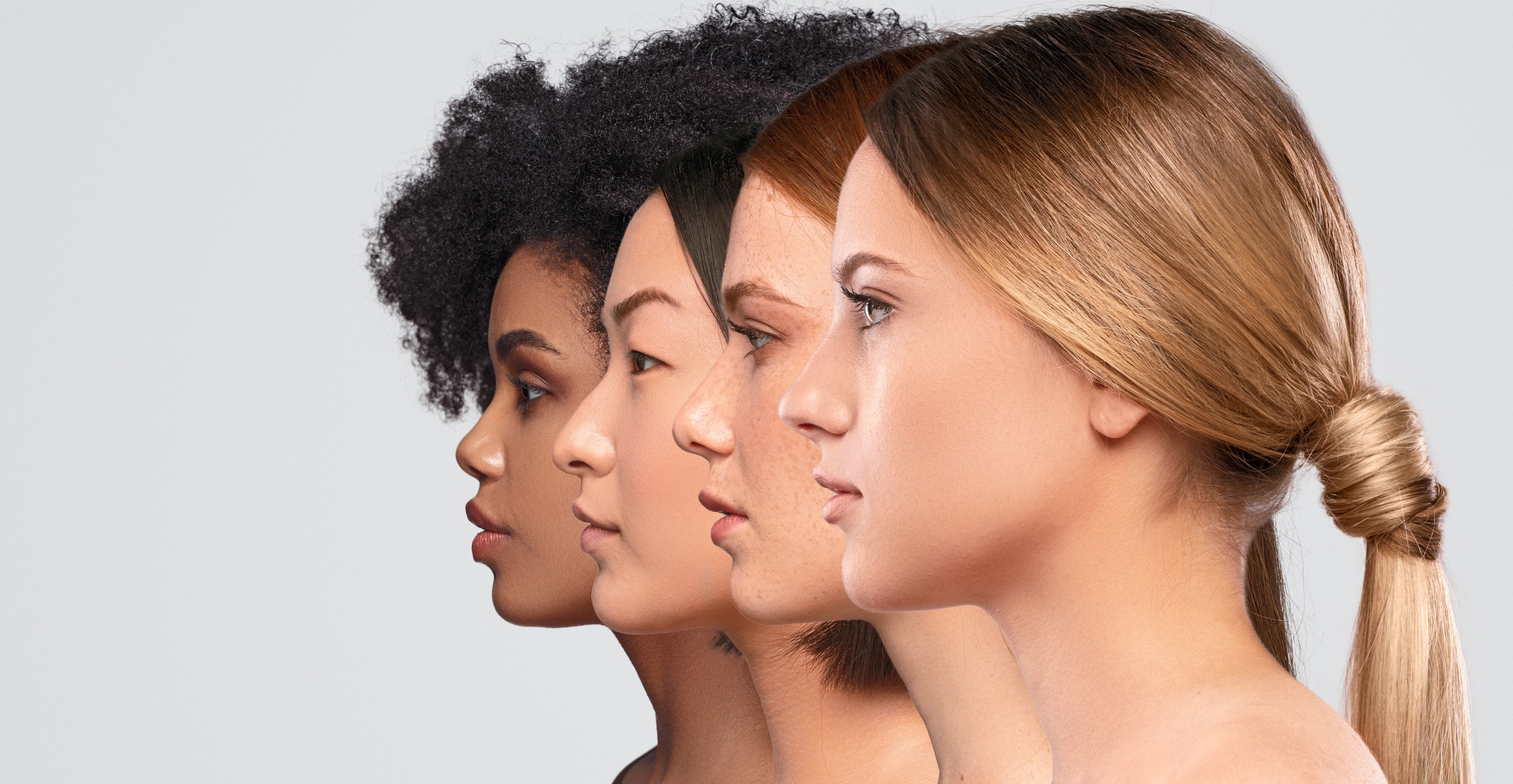Skin elasticity affects everyone's skin and can play a significant role in how your skin ages, so it's worth having some knowledge on it. Skin elasticity is your skin’s ability to go back to its original state after being stretched. This is supported by Collagen and Elastin.
How does it play a role in anti-ageing?
1. Wrinkles
A lack of elasticity in the skin is one of the leading causes of wrinkles. As you grow older, your skin will naturally produce less collagen and elastin. This makes it more fragile and more prone to wrinkles and fine lines.
2. Sagging skin
The loss of the elastic tissue in the skin that occurs with age causes the skin to become slack and hang loosely.
3. Roughness
Elasticity can also have an impact on the texture of your skin as if the outer layer of your skin is unable to hold enough water; your skin will become rough and uneven.
The pinch test
It's essential to be able to test your skin elasticity with ease, so you know how to improve and look after your skin so you can age gracefully. There is a quick test you can do to identify how elastic your skin is. The skin under your eyes is gently pinched; then, you see how quickly it bounces back. The idea is that the quicker it returns to its normal state, the more elastic your skin is.
How to improve skin elasticity?
1. Use SPF
The exposure to UV rays breaks down your skin's connective tissue (collagen and elastin fibres) which can speed up the ageing process. The breakdown of these fibres causes the surface to be unable to snap back. So it's vital to take sun protection measures and stay in the shade when the sun is at it's highest peak and use SPF every day and be sure to reapply.
2. Apply Retinol
Applying Retinol to the skin can help tighten the look of the skin and help to improve its elasticity over time.
Are you interested to know the difference between fine lines and wrinkles?






